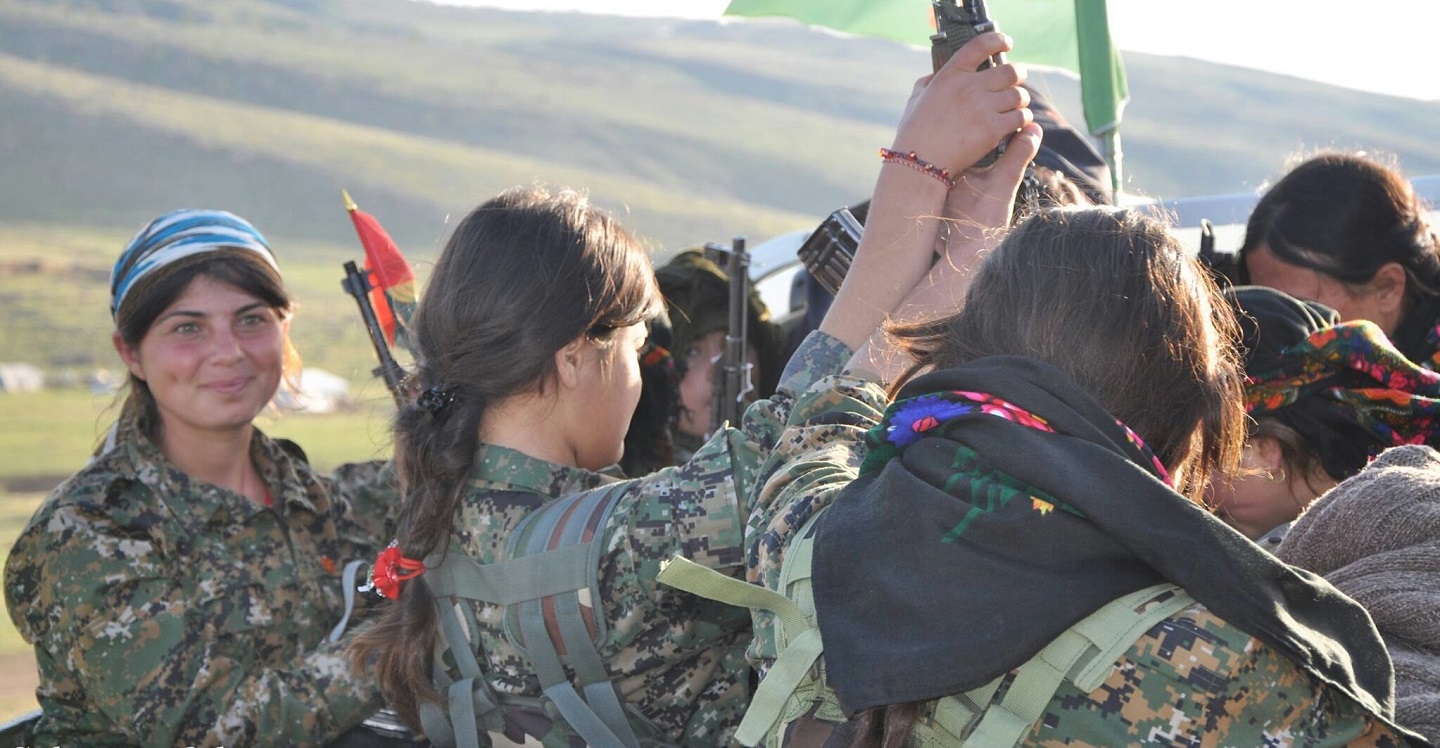
International law can actually be a very powerful tool in the regulation of warfare
In 1907 the major powers of the world gathered in the Netherlands for the Second Hague Conference. Building on the agreements of the First Hague Conference of 1899 the participants noted that many warring parties were not observing the international laws agreed upon by civilized nations. Of particular concern was the forces that had continued armed resistance after defeated nations were occupied by their conquerors. A BETTER PEACE welcomes Jonathan Gumz, a Senior Lecturer in Modern History at the University of Birmingham, United Kingdom. Jonathan joins JP Clark in the studio to discuss the attempts and failings of both Hague conventions as well as the Geneva Conventions to try and maintain civility and order in the midst of the brutality of war.
Podcast: Download
Dr Jonathan E Gumz is a Senior Lecturer in Modern History at the University of Birmingham, United Kingdom. COL JP Clark was the Deputy Director for Academic Engagement for the Strategic Studies Institute and a WAR ROOM Senior Editor as well as a student in the AY20 resident class at the U.S. Army War College. The views expressed in this presentation are those of the speakers and do not necessarily reflect those of the U.S. Army War College, U.S. Army, or Department of Defense.
Photo Description: Female Yezidi resistance fighters of the Êzidxan Women’s Units (YJÊ), September 2015 in Sinjar
Photo Credit: Wikimedia Commons PanchoS





I found this discussion only mildly interesting due to its lack of specifics in today’s world. More attention should have been given to the ongoing conflict with Islamist terrorism, two words that never appeared. Current imprisonment of a million Uighurs in China is an obvious window into any discussion of occupation and resistance, yet it was not mentioned. Beyond these omissions, the obvious problem of who enforces the international laws governing war is paramount. This requires voluntary submission to a hopefully objective body whose authority supersedes that of any one nation. Good luck on that.
Lastly, the old adage is that only the winners write the history of wars. Is this also true of the laws which in most cases are retroactive? It would seem so. And we know how well that worked out after WWI.